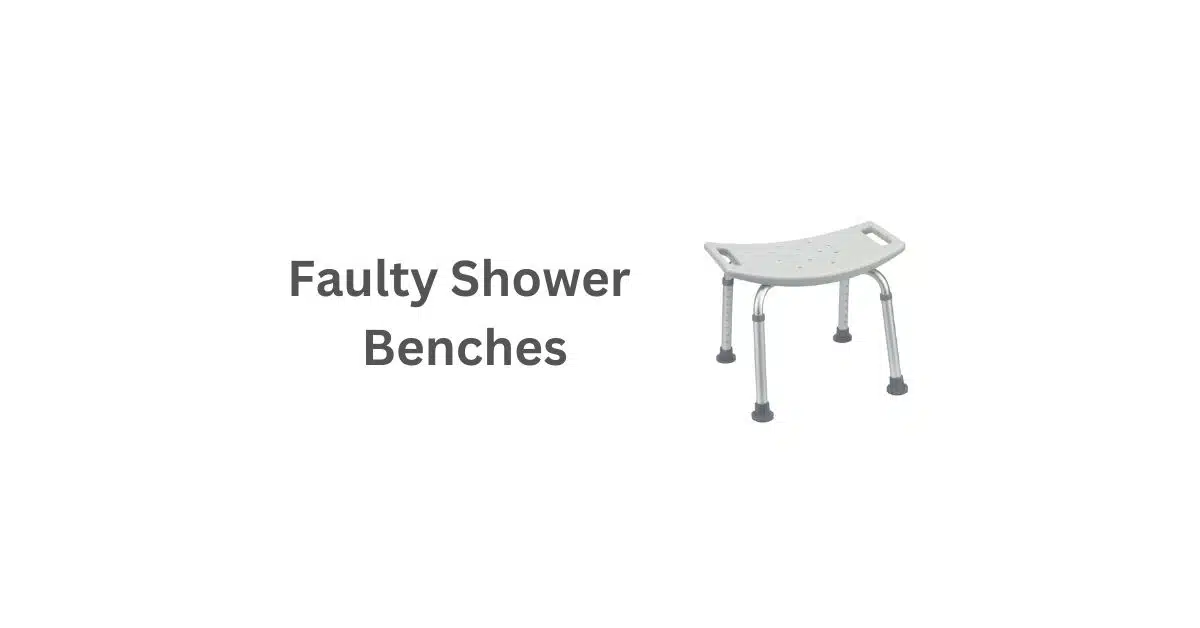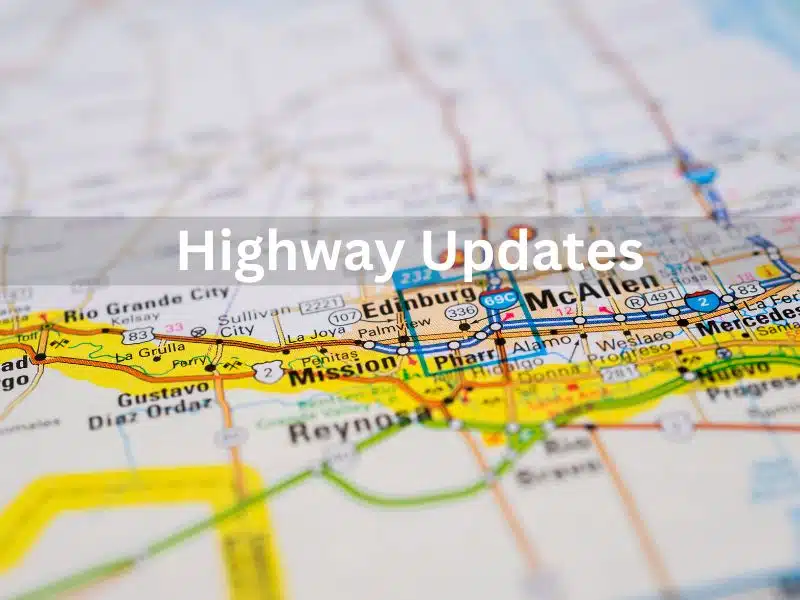
The Discovery Process in A Truck Accident Claim
Truck AccidentsThe discovery process in a truck accident claim is very important in determining the success or failure of a claim. One of the most important aspects that will make or break the case is the discovery process. After your truck accident attorney files the lawsuit papers, the next step in the process is called discovery, which lasts for up to a month before the trial. Simply put, it is during discovery that the trucking company’s lawyers and your truck accident attorney will provide and request information from each other regarding the case. The types of discovery that the attorneys may ask of each other may include:
- Oral depositions
- Requests for disclosure
- Requests for interrogatories
- Admissions
- Requests for inspection and production
Oral Depositions
During an oral deposition, the defendant and plaintiff side will conduct interviews of all parties to the case including witnesses to get more information about the persons involved, the accident, and the facts of the case. While essentially an out of court statement, an attorney can use a deposition statement as court testimony. Given that the statement is recorded and can be used as evidence against you in a court of law, your attorney will be with you throughout the process to ensure you do not answer inappropriate questions, and that the trucking company lawyers adhere to the set legal procedures.
Requests for Disclosure
The discovery process in a truck accident claim typically begins with a request for disclosure. Requests for disclosure are typically a list of requests seeking basic information that the attorneys request from the opposing counsel, to expedite the legal process. Requests for disclosure usually require information of the plaintiff and third parties (such as an investigating officer, treating physician, and eyewitnesses) relevant to the case such as legal names, phone numbers, and contact information. The request for disclosure may require that the plaintiff’s attorney provide the basis of their claim including statute or legal theory. If your attorney provides a specific number for damages, the trucking company’s lawyers may seek to know how your lawyer arrived at the number.
Requests for Interrogatories
These are written questions that the parties to a truck accident claim may be asked by opposing counsel. It is important to note that the answers that third parties give to interrogatories will not impact your case nor will yours affect theirs. For instance, any answers that your passenger gives in the interrogatories cannot be used as evidence against your claim in court. Moreover, unlike admissions, when it comes to interrogatories, the defendants cannot ask more than 25 questions per party. As such, your attorney will make sure that the truck company’s lawyers do not harass you with irrelevant and excessive questions, which are not within the set rules of the discovery process in a truck accident claim.
Admissions
Both the trucking company as a defendant and you as the plaintiff may be required to make admissions in the case as long as they are within the scope of discovery. Opposing counsel can ask for an unlimited number of admissions, and the responding attorney is expected to deny or admit the request unless they assert a legal privilege or object to it. If the responding counsel cannot deny or accept a request, they are expected to provide an explanation detailing their reasons. Any admission or denial of a question is deemed a fact when it comes to that issue going forward. As such, you must be careful and only respond to requests for admission after consultation with your attorney.
Requests for Inspection or Production
Either of the truck accident attorneys may ask opposing counsel to produce copies of documents, photographs, tests, and samples for inspection. Typically, the lawyer uses such requests to get more information and pertinent information including hiring records, internal policies, and employee manuals. Such information will be very critical since it helps to understand how the trucking company manages their employees, and whether their policies are flawed and inadequate hence making an argument for liability. However, you also need to remember that the truck company’s attorneys can also request the production and inspection of documents from any relevant third parties such as your physical therapist or doctor.



